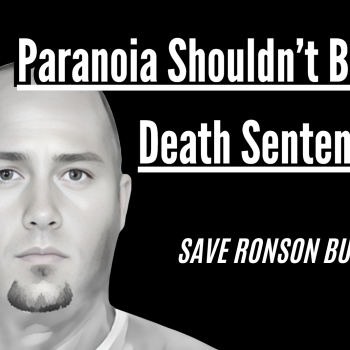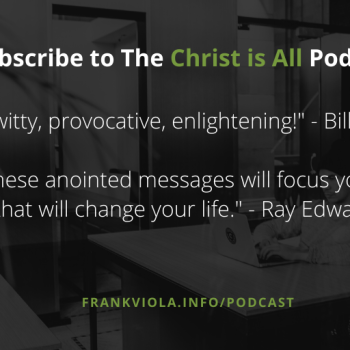When I began the inner journey, in the 1970s, yoga and psychology often seemed opposed to one another—psychology being about the personal self, yoga having to do with that in us that is eternal. But over the last thirty years, more and more of us have come to recognize that the path of consciousness—the inner essence of yoga—asks us to wake up on every level. That means waking up not only to our divine Self, but also to those selves that don't feel so divine.
At some point, we need to investigate and integrate the ways in which our habitual patterns of thinking and feeling trip us up. On this path, we learn not to push away moments of discomfort, but to welcome them as opportunities to see into and eventually through the unexamined beliefs, expectations, and assumptions that may be driving us. In other words, being conscious in the yogic sense of the word means taking a very radical kind of responsibility for yourself.
Radical Responsibility
The crucial first recognition on the path to radical consciousness happens when you realize that your inner state—your motives, your emotional reactions, and your patterns of thought—is constantly altering your experience of the world around you. I'm not suggesting here, as some New Age teachings do, that if we change our thoughts, or develop strong, emotionally charged positive intentions, that life will start going swimmingly. Nor am I implying that everything unpleasant that happens to us is our "fault," the result of some wrong thought or forgotten karmic mistake. Obviously, we're all embedded in complex webs of culture, physical environment, and other macro-conditions that shape and often control our destiny in ways we cannot alter. (Moreover, though positive intentions have great power, they don't always insure that everything will work out the way we'd like.)
Nonetheless, if you look deeply into your own life, you can't help noticing how beliefs and expectations, many of them formed in early childhood and therefore pre-conscious, skew the way you experience reality. And though spiritual practice is enormously important in freeing us from identifying with these patterns, it will not, by itself, remove them altogether. I know many people, myself included, who regularly "get" the truth of oneness in an immediate, experiential way. They've realized that everything is one energy, that "I" as an egoic being don't actually exist and that a peaceful balanced state is always available to them. Yet at the level of daily life, they've gone on being undermined by the same emotional tendencies, the same difficulties in relationships.
Yes, yoga and meditation can profoundly shift your world-view, and certain kinds of psychotherapy and bodywork can help free you from much of our patterning. But for real freedom, there is no substitute for becoming conscious of what lies in your unconscious, for the kind of self-inquiry that can start to show you what lies beneath the surface mind.
Your Own Personal Reality
Contemporary brain researchers have mapped how these patterns work: bundles of neurons bond around a certain set of thoughts or emotions, triggering hormonal responses that effect your entire body-mind. Then, whenever a certain set of stimuli triggers them, they'll spin you through the same old brain-loops.
The good news is that because neurons are highly malleable, they rearrange themselves as you introduce more awareness into your system. The bad news is that when you don't, they just go on repeating themselves. That means ultimately that whatever you don't allow into consciousness will go on functioning in a compulsive, shadowy, underground fashion, so that your patterns of thought, feeling and reaction rule your life without your even realizing it. That's why relationships fail, plans come undone, safe harbors get pulled out from under you.
Carl Jung famously described the phenomenon of projection, in which inner tendencies that you can't allow into your consciousness get projected onto other people, so that they seem to be coming to you from outside yourself. The Yoga Vasistha, a medieval text of Vedanta, puts the same insight like this: "Your vision creates your reality." Essentially, this is also the conclusion of neuroscience. The world appears to you as it does because of the filters established in your brain. These filters—not just your "stories" about reality, but the energies behind those stories—have created the reality you know, and it will go on creating seemingly external circumstances that mirror your expectations and beliefs.
But this is the beauty of the path of consciousness. If you take responsibility for your own experience, and try giving some attention to your own part in the process, the very act of consciousness has an amazing way of freeing up your capacity for creative response.
Handling Petty Tyrants
Sometimes it's easier to see this in hindsight. A case in point: I worked for several years with a man who bullied and belittled me. I would respond defensively, and after a while I became gun-shy around him, always waiting for the boom to fall. My work suffered of course, but what really suffered was my self-esteem. I used to wonder, "Why doesn't this man respect me? Why doesn't he understand how hard I work?" After a while, I learned to read his moods, and use persuasion and flattery—tactics that the powerless have perfected for centuries to influence petty tyrants. I learned a lot from this experience, but still, for a long time afterward, I couldn't think about this man without resentment.





